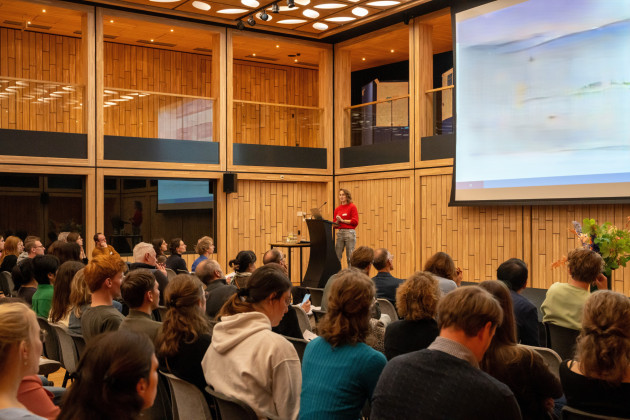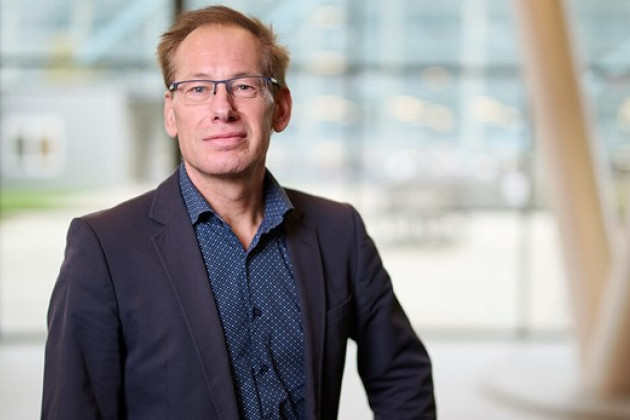We have a long-standing interest in the mechanism of action of Tumor Necrosis Factor receptor family members. We have brought the initial discovery of one of these receptors (CD27, Tnfrsf7), in collaboration with biotech to an antibody-based drug that is currently in phase 2 clinical trials for cancer immunotherapy. We had a major research line on cell death and currently exploit this knowledge in work on "immunogenic cell death”, where we study the interaction between radio(chemo)therapy of cancer and immune responses. All this work is carried out in mouse models and in matching mouse and human cellular systems in vitro.
We have a very broad expertise in biochemistry, cell biology and immunology. Our approaches include genome-wide mRNA expression analysis, proteomics and metabolomics and associated bioinformatic analyses. We also use high end in vitro cell differentiation and response assays with primary T cells and dendritic cells, as well as genetic interference, biochemical, microscopic and other types of assays. We perform in vivo analysis of the immune response in mouse models and analyze these experiments by advanced multicolor flow cytometry.
Key contributions:
- Discovery of the CD3 gamma, delta and epsilon subunits of the human T cell receptor/CD3 complex.
- Discovery of a novel human T-cell lineage expressing T-cell receptor gamma/delta.
- Discovery of the signal transduction complex associated with human membrane immunoglobulin, alias the B cell antigen receptor.
- Implication of various signaling molecules in the BCR pathway, including Btk.
- Identification of TNF receptor family member CD27 and its ligand CD70 as an important T cell costimulatory system, critical for the generation of effector and memory T cells.
At present, we have three main research lines:
- To delineate the impact of CD4+ T cell help on the cytotoxic T cell response and dendritic cell function.
- To identify (targetable) differences in signaling pathways and associated molecular programs in conventional versus regulatory CD4+ T cells.
- To delineate the impact of different cell death pathways on dendritic cell function and T cell responsiveness.
Our key collaborators within the LUMC are the groups of prof. F. Ossendorp, R. Arens, M. Eikmans, J.W. Drijfhout, S. van der Burg, and N. de Miranda in the Departments of Immunology, Medical Oncology and Pathology. We also have shared research programs with dr. D. Amsen at Sanquin (Amsterdam) and prof. C. Berkers at Utrecht University and we participate in Oncode. We have many other collaborations, nationally and internationally.


